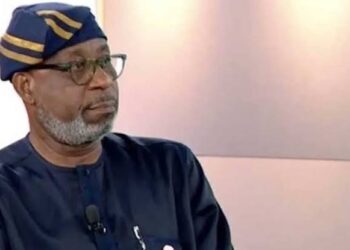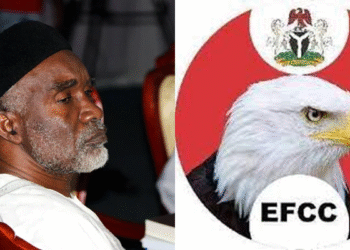Valentine’s Day may be synonymous with romance, yet the history of the holiday is far from a simple love story.
Whether you adore Valentine’s Day or loathe it, one thing is certain: the holiday’s origins stretch back through the ages. Today, it’s characterised by affectionate gestures, heartfelt gifts, and the anticipation of romantic dinners, but its beginnings are intriguingly less sentimental. Here lies the true history of Valentine’s Day—one that wouldn’t quite fit into a romantic comedy, encompassing tales of a martyred saint and historical turmoil.
Valentine’s Day is celebrated on February 14, although the day of the week changes each year. In 2025, it will fall on a Friday for the first time since 2020.
Some historians trace its roots to the ancient Roman festival of Lupercalia, which was celebrated annually on February 15. This lively festival heralded the arrival of spring and was steeped in themes of fertility. It featured animal sacrifices, abundant merriment, and possibly even a matchmaking ritual where men and women drew names from a jar.
As Christianity spread, many pagan traditions began to fade. In the late 5th century AD, Pope Gelasius I abolished the festival. He is often credited with instituting St. Valentine’s Day, a day of holy remembrance, to take its place, though concrete evidence of this is lacking. Regardless, the Christian observance eventually overshadowed the raucous Lupercalia.
**Who Was St. Valentine?**
St. Valentine is revered as the patron saint of lovers, those with epilepsy, and beekeepers, among others, but the true story of this enigmatic figure remains elusive. Many legends surround a Christian martyr named Valentine or Valentinus, believed to have been executed on February 14 during the 3rd century AD.
In one tale, St. Valentine was a Roman priest and physician who steadfastly refused to renounce his faith, resulting in his execution by Emperor Claudius II around 270 AD. Before his death, he is said to have miraculously healed the jailer’s daughter and, in a touching twist, fell in love with her. Legend has it that he penned her a letter on the day of his execution, signing it “from your Valentine.”
Another narrative claims that he was put to death for conducting secret weddings for soldiers, who were prohibited from marrying under Claudius II’s decree.
The details are so unclear that the Catholic Church removed him from the General Liturgical Calendar in 1969, although he is still venerated as a saint. Whoever the man may have been, his feast day replaced the pagan festivities of Lupercalia.
Before the 14th century, St. Valentine’s Day was primarily a day to honour a Christian martyr. The English poet Geoffrey Chaucer is credited with intertwining St. Valentine’s Day with the notion of romance.
Chaucer’s works flourished during the Middle Ages, a time when grand expressions of love—through poetry, songs, and art—celebrated companionship. In his poem “The Parliament of Fowls,” penned around 1382, possibly to mark the engagement of King Richard II, Chaucer imagines birds gathering on St. Valentine’s Day to select their mates. The goddess Nature proclaims: “You know that on Saint Valentine’s Day / By my statute and through my governance / You come to choose — and then fly your way — / Your mates, as I your desires enhance.” From that moment, Valentine’s Day was embraced as a celebration of romantic love, and we can thank poetry—the most exquisite of art forms—for shaping our contemporary understanding of the holiday.
However, the tale of Valentine’s Day is not without its shadows. During Prohibition in Chicago, a notorious event unfolded on February 14, 1929, when seven men were brutally slain by a gang led by Al Capone. The Valentine’s Day Massacre became a pivotal moment in the history of Prohibition, prompting law enforcement to crack down on the gangs that had emerged to control the illicit trade in alcohol.
Love letters have a long and cherished history; if the legend of St. Valentine h









